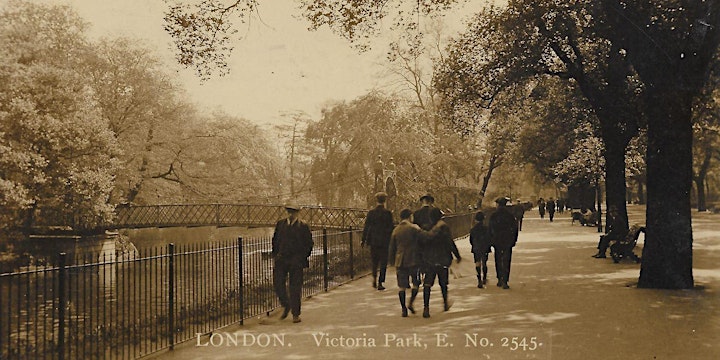Tuesday, April 23, 5:00 am – 6:30 am Eastern (but recorded) – First Gardens, Online
This five week online course from the Gardens Trust will be suitable for anyone curious about gardens and their stories – whether absolute beginners or those with some garden history knowledge. Running from April 14 – May 14, the course aims to help participants recognize important eras, themes and styles in mainly British garden history from the earliest times to today, grasp something of the social, economic, political and international contexts in which gardens have been created and find greater pleasure in visiting historic gardens. You can sign up for whole series or dip into individual talks. There will be opportunities to discuss issues with speakers after each talk, and short reading lists for further exploration.
Week Two on April 23 is First Gardens with Katie Campbell. The history of horticulture is essentially a history of conquest. As one empire conquered another, it would adopt and adapt the best garden practice from the vassal state. Whether Sumerian hunting parks filled with exotic plants, or the hanging gardens of Babylon which presented a green mountain on a flat plain, the Egyptian tomb gardens with their ingenious irrigation techniques, or the Greek botanists whose influence would dominate medicine for centuries to come, each of the early empires has shaped our understanding of the garden. This talk will explore the development of horticulture from its origins in the fertile triangle between the Tigris and Euphrates rivers to its apogee in the Roman villas which became a major inspiration to the garden makers of the Renaissance a thousand years later.
Katie Campbell is a writer and garden historian. She lectures widely, has taught at Birkbeck, Bristol and Buckingham universities; she writes for various publications, and leads art and garden tours. Her most recent book, Cultivating the Renaissance (Routledge, 2021) , explores the evolution of Renaissance ideas and aesthetics through the Medici Tuscan villas. Her previous book, British Gardens in Time (Quarto, 2014), accompanied the BBC television series. Earlier works include Paradise of Exiles (Francis Lincoln, 2009), looking at the late nineteenth century Anglo-American garden-makers in Florence, Icons of Twentieth Century Landscape Design (Frances Lincoln, 2006) and Policies and Pleasaunces (Barn Elms, 2007), a Guide to Scotland’s Gardens.
For tickets, visit www.eventbrite.co.uk Ticket holders can join each session live or view a recording for up to 2 weeks afterwards. £8 each or all 5 for £35 (Gardens Trust members £6 each or all 5 for £26.25) Attendees will be sent a Zoom link 2 days (and again a few hours) prior to the start of the first talk (If you do not receive this link please contact us), and a link to the recorded session will be sent shortly after each session and will be available for 2 weeks.

Image: 20th century facsimile of a Funeral Ritual in a Garden, Tomb of Minnakht, ca. 1479–1425 B.C., The Met Museum, Rogers Fund, 1930. Public domain

